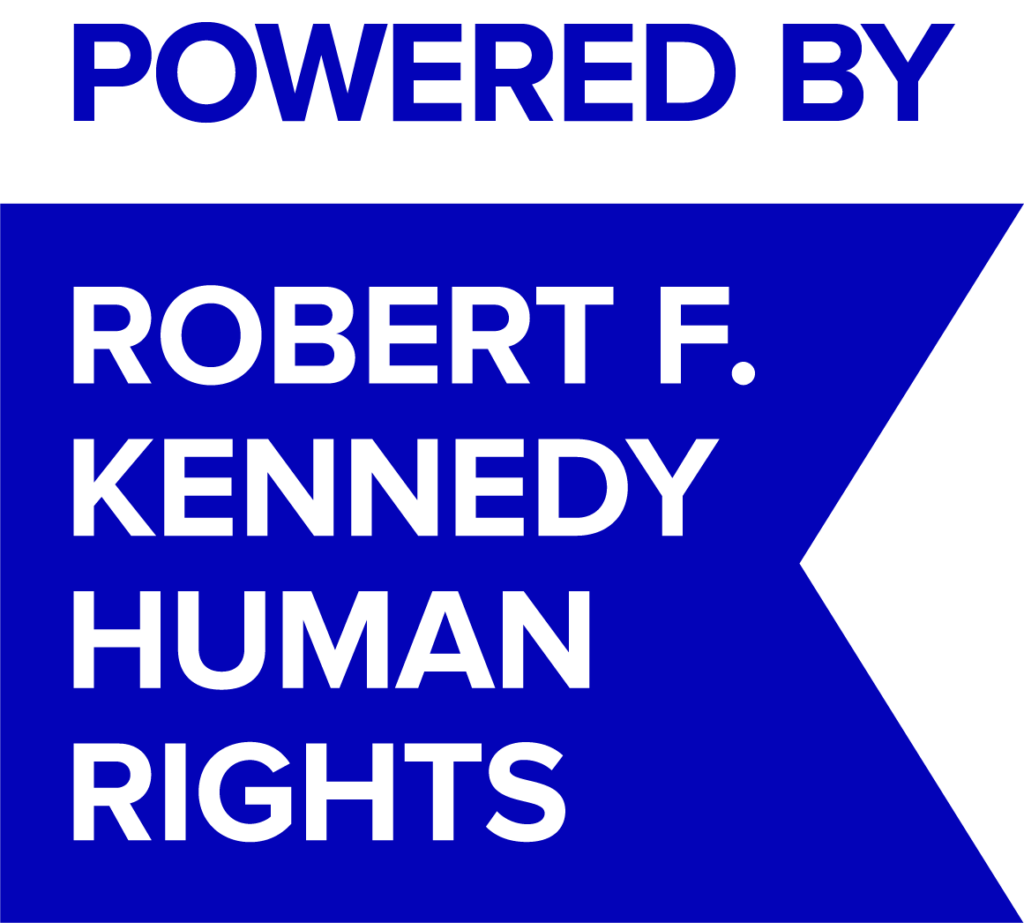Include my Case
Given the ongoing challenges for democracy, human rights, and civic space and the continuous crackdown on civil society worldwide, it is important to amplify the work and efforts of human rights advocates and CSOs. The Civic Space Case-Tracker was created to serve as a tool to connect organizations that are working on similar issues, create and foster innovative forms of collaboration, and mobilize technical or other types of support.
Fill out this form as comprehensively, accurately, and completely as possible.
You can also download the case-template here and send us the information via email to: civicspace-casetracker@rfkhumanrights.org.
If you wish to share sensitive information you can also email us here: civicspace-casetracker@proton.me
Following the submission of information, a careful review process will be conducted in accordance with the eligibility criteria and the parameters outlined in the tool’s methodology to assess the relevance of including the case in the Civic Space Case-Tracker. Once the request for case inclusion in the Civic Space Case-Tracker is approved, our team will reach out to you and explain the next steps. All cases included must have the approval of the organization or individual leading a case or the affected individual(s).
Keep in mind that the mere submission of information through the form does not guarantee the case’s inclusion in the Civic Space Case-Tracker
When a case is included in the Civic Space Case-Tracker, a wide variety of global actors will have access to it, including local, regional, and international civil society organizations, as well as funders and emergency response mechanisms, among others. We will periodically promote the cases included in the Civic Space Case-Tracker to our global network in accordance with the needs and strategies of each litigating organization. The goal is for the Civic Space Case-Tracker to foster collaboration, and for organizations to be inspired by others’ work and the arguments they use in their litigation. This tool may also be used to request a wide variety of support and enhance the strategies used by litigants.
One example of the Case-Tracker in action is the case of Milena Quiroz Jiménez in Colombia. Milena, an Afro-Colombian social and community leader, has been criminalized and attacked by the state for several years. The inclusion of her case in the Case-Tracker garnered support from international organizations who are now monitoring her case, attending public hearings, writing press releases and letters, and participating in other advocacy activities on her behalf.
The Civic Space Case-Tracker is made up of ongoing, key and/or emblematic civic space cases. What does this mean?
- Ongoing: The case must currently be under litigation in national, regional, or international courts or mechanisms.
- Key and/or emblematic: The case may be representative of a broader pattern or critical problem. It may also have the potential to generate positive and/or regressive changes that may affect regulation, practice, and social awareness beyond the specific case.
- Civic Space: The case must have a direct relation with the rights included in civic space, namely the freedoms of expression, assembly or association.
We understand civic space as an environment shaped by a wide variety of factors (including legal, policy, administrative, economic, customary, and cultural factors) that allow for individual and collective actors, i.e. civil society organizations, to undertake actions to achieve socially relevant goals, participate in public affairs, organize, speak out, be active in their communities, protest and help each other, and otherwise freely exercise and enjoy their human rights. Therefore, civic space is closely linked with the exercise of three fundamental rights: freedom of expression, freedom of assembly, and freedom of association.
